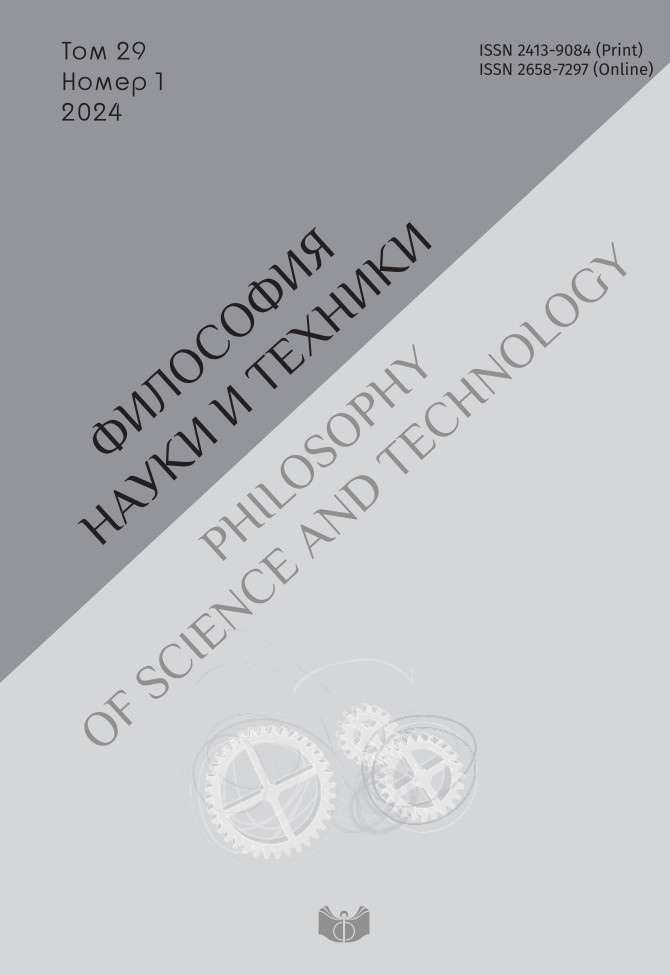Neural networks as an actor of socio-epistemic arenas: ethical problems
DOI:
https://doi.org/10.21146/2413-9084-2024-29-1-73-83Keywords:
neural network, Chat GPT, GPT4, socio-epistemic arenas, artificial intelligence, civil science, distributed cognitionAbstract
The article is devoted to the consideration of ethical problems related to the use of neural networks and artificial intelligence systems in scientific research. The authors consider neural networks as one of the actors of socio-epistemic arenas, which are understood as communication platforms for developing new knowledge in the process of distributed cognition. The acquisition of knowledge within the framework of socio-epistemic arenas occurs as a result of the interaction of three equally ranked actors: professional scientists, masses of non-professional Internet users and digital technologies. The emergence of the GPT4 neural network has made it obvious that digital technologies are actively involved not only in natural science, but also in humanitarian scientific research. It began to be used both for commercial purposes and for entertainment purposes in civil science projects and independent research of Internet users seeking to obtain the necessary information using a neural network. The neural network has also become part of the working tools of professional scientists, which has generated a lot of scientific and public discussions on the ethics of writing and publishing texts authored by ChatGPT. The use of a neural network for writing scientific articles is considered by part of the scientific community as plagiarism and copyright infringement, but the widespread use of GPT4 by the masses of Internet users is changing the attitude towards this tool in the scientific community as well. There are scientific papers in which ChatGPT is positioned as a co-author of the study, acquiring scientific subjectivity. This state of affairs aggravates the ethical problems associated with the possibility of falsification of research results, and raises the question of automating the processes of marking and detecting the authorship of the neural network in the publications of scientists. Meanwhile, it becomes obvious that neural networks, providing huge opportunities for the intensification of cognition processes, have expanded the socio-epistemic practices of scientists and the masses of Internet users, which it is impossible not to take into account when understanding science in society.











